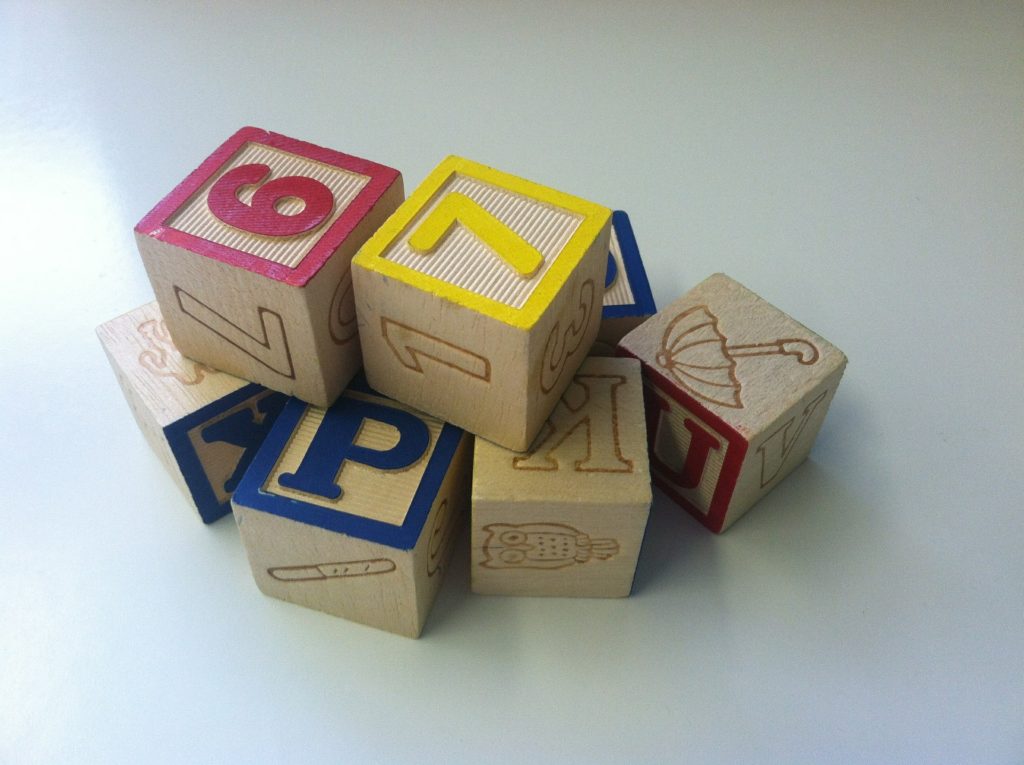Building upwards

After a couple of months of relatively regular driving (well, at least a few times a week, depending on how much time I’m actually at home), I reached a sort of milestone this weekend. Whilst I’ve been happily pottering to and from the supermarket without much trouble, this weekend marked the first time that I’ve taken a relatively long journey – a little under an hour – to a place and back home again without needing to resort to the satnav. I’ve done it often enough now, and gradually found ways to pay more and more attention to the route, to know it by heart. We got there and back without a hitch.
Historical me – the me of about ten years ago – would be disgusted that I have become so reliant on a piece of technology like this when there are perfectly good maps around. Historical me loved navigating for other people. But then historical me couldn’t actually drive, and was also navigating for other people because she was in the car with them. When each careful gesture and manoeuvre is still fixing itself carefully into your brain as you turn a corner and consider parking options, or think about all the things you have to do to merge into fast-moving traffic, and there’s no one in the passenger seat, you really don’t have the mental energy (I have discovered) to also be rehearsing your memorised topographic chart of the area.
However, this new and improved driving me, who can get all the way to the Suffolk coast without instructions, has noticed quite a few interesting things as a result. Once route information is internalised, it’s possible to pay more attention to all sorts of things. Some of these things reinforce that very same information: street signs, towns listed by dual carriageway junction so you have a sense of how far you’ve gone, traffic patterns around popular places or familiar trade and transport routes, likely places for snarl-ups, and so on. (If you’re slightly incredulous that it’s taken me this long to notice some of that, remember that I learned to drive in a place I’d only lived in for a year, had no previous connection with, and no means of navigating by car previously without my driving instructor helpfully suggesting that I take the third exit on the roundabout if I actually wanted to get home in time for dinner.)
Some things I’ve noticed are not so relevant to way-finding, but are still useful and of note. How other people drive. How other people park/abandon their vehicles on the side of the road. The sorts of places that seem to prompt behaviour that could cause accidents, whether that’s reckless driving or lemming-like pedestrians. Where the sun is, relevant to direction of travel. (I guess technically that’s way-finding, but I’m a musicologist, not Bear Grylls.) How the countryside changes. How the sky changes over the sea, which is something I’ve always found fascinating. And so on. Oh, and then there’s the route critique: whether the satnav route is actually the most sensible, once you start looking in detail at the signs and get a better sense of the lay of the land, or conversely, whether the road signs are actually telling you genuinely helpful things or missing off crucial information that could get you there a lot faster.
This, it strikes me, is something we encounter all the time in our daily lives: that becoming familiar with the basic facts of something, like how to make a recipe or follow a route, means that we are far better placed to consider the finer details of the process, consolidate information, and critique it where appropriate. The fact that you can Google that perfect pancake recipe when you need it is fantastic, but it has two major problems (and I speak with bitter experience): that treating such knowledge as both instant-access and ephemeral means that you might never find it again, and that you’re effectively reinventing the wheel every time you do until you’ve memorised it. Because if you thought idly that it was a bit sweet the first time you made it, and never wrote that down to adjust it, you’re just going to keep making it a bit sweet (or potentially overcompensating in the other direction because you’re guessing) until you’ve actually learned it properly.
And this, of course, also leads us to education. The internet is amazing: it provides us with access to a mind-boggling variety and quantity of information at the tap of an app, or a quick question to a voice-controlled ‘assistant’. The danger, though, is that we get into a model of easy come, easy go. You can’t build complex essay arguments around source material if you can’t remember the source material. You need to know it well enough to see the holes, find the questions that haven’t been asked, consider what further insights it might provide. You’ve got to know the route before you have the headspace, and the distance from that base-level information, to judge the lay of the land and whether there’s a better way. It’s enormously gratifying to me that as I research and write or speak about an ever broader range of music, I find things joining up, and new corners of the map becoming visible. Every new bit of information adds to the picture. Similarly, the confidence of memorising that single driving route has given me a far better awareness – and sense of certainty – of where other places and roads are in relation to that single route. The first pieces of the puzzle are firmly down in the right place. The joy now is going to be building on them. Learning, at its best, should be like this. Help somebody find the first building blocks, and get them firmly in place. They’ll go onwards and upwards in no time.
